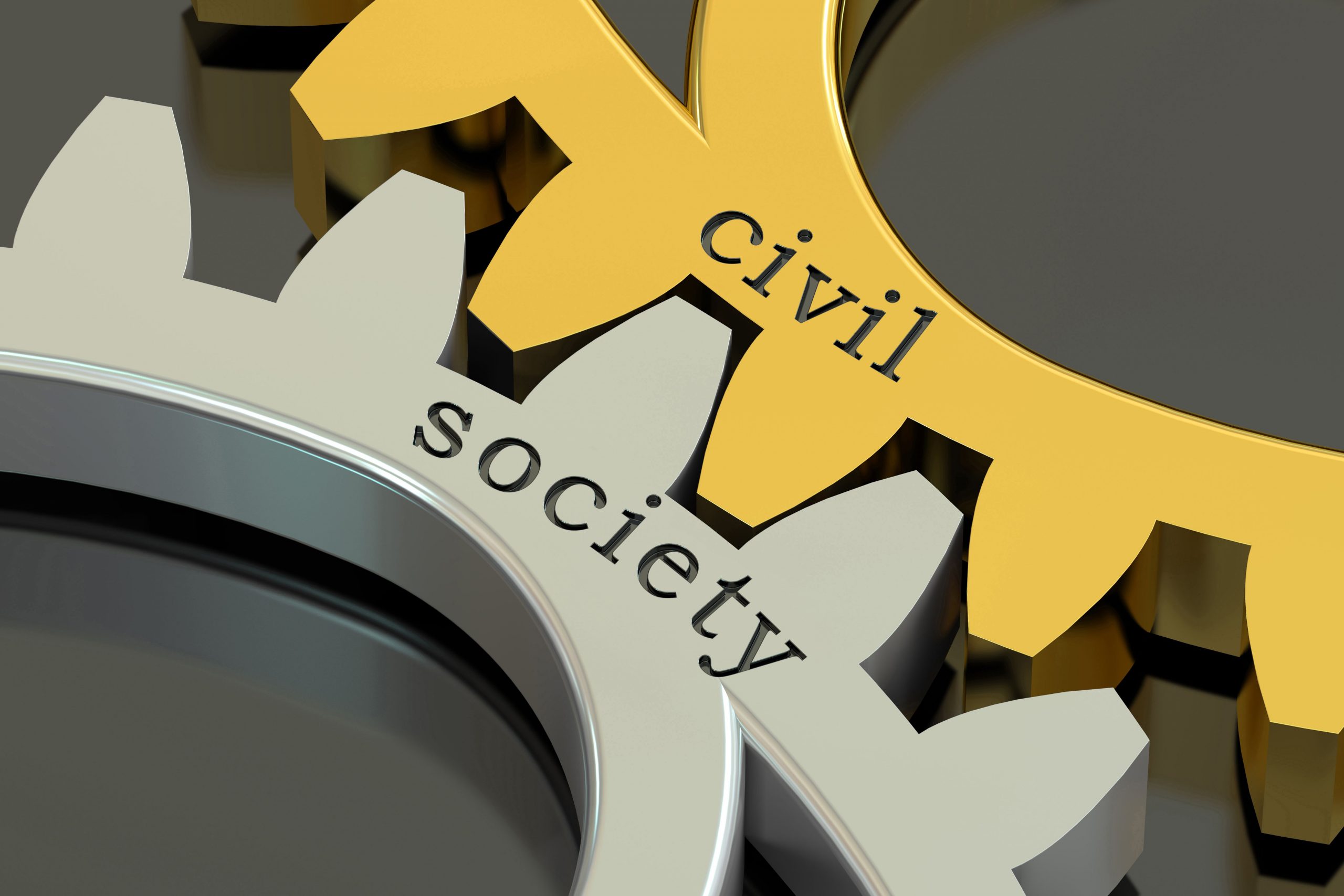Fifty years ago, Mark Granovetter, a young Harvard Ph.D. student who would later become a professor at Stanford University, wrote an article entitled “The strength of weak ties”. The article was hugely influential (72,000 citations) and was the founding text of an entire school of thought: Network Theory. According to Granovetter, while strong ties (i.e. close relationships with friends and family) are important for emotional reasons, weak ties (i.e. more distant or casual relationships) are more valuable in terms of the information they can provide . This is because the stronger the ties connecting two individuals or organizations, the more similar they will be in various ways, and the more repetition there will be in the information they have at their disposal. Thus, only a limited amount of new information can be gleaned from those to whom we are bound most strongly. Obviously, a lot has changed since the article was published, with the advent of the internet, websites, blogs and—more recently—social media such as Facebook, Instagram, Twitter and TikTok. But while the algorithms used by social media have increased the number of contacts a user has, this has been shown to reinforce our strong ties more than they amplify our weaker ones. So social media are actually “echo chambers”, which repeat what we already believe and reinforce what we already know. Which means that Granovetter’s work remains relevant—perhaps more relevant than ever.
It is crucial that Civil Society Organizations (CSOs) network. This involves establishing, cultivating and maintaining contacts, developing cooperation and collaborations, and building partnerships with other institutions or individuals with a view to achieving their mission and goals. The cost of CSOs failing to network and form partnerships is significant. The real costs include resources wasted on administrative costs and the duplication of effort. Furthermore, a lack of networking and partnerships means missed opportunities to attract volunteers and resources and exert a positive influence. Above all, as Granovetter would say, a lack of weak networking links undermines organizations’ efforts to gain the trust of the communities they serve and the respect of society at large. It is no coincidence that some of the recent scandals involving CSOs have involved organizations which are only minimally networked with other organizations in their field.
Organized civil society in Greece (Non-Profit companies and associations) faces significant challenges. Staff, volunteers and resources are concentrated in just a few organizations, with the rest of the sector consisting of small and very small organizations. Limited resources (the result of the economic downturn of recent years and a lack of public confidence) make for a highly competitive environment and to a lack of second-level organizations. Although noteworthy second-level organizations do exist (e.g. a Development Platform, Migrants’ Forum, National Federation of People with Disabilities) as well as networks (e.g. the Greek Antipoverty Network, the Network for the Right to Shelter and Housing), partnerships between organizations active in different fields remain few and far between. Moreover, engagement with public bodies remains limited, with all that implies for participatory democracy, which is a crucial issue in the world today.
A recent project implemented by ELIAMEP with the support of the Bodossaki Foundation and Solidarity Now in the context of the EEA Grants sought both to promote collaboration between civil society organizations active in different fields and to enhance their engagement with public bodies. The UN Sustainable Development Goals (SDGs), which are relevant to both developed and developing countries, were chosen as a broader platform for achieving both goals. The positive attitude of the participating organizations, coupled with the considerable interest shown by ministry and state officials in the program’s activities, provide grounds for optimism. However, for such initiatives to have a future and bear fruit, a change in mindset is required at multiple levels (including the promotion of cooperative learning in schools), along with a deeper awareness that the challenges facing the nation must be addressed holistically (e.g. that health, welfare, poverty reduction and climate change cannot be approached separated). Incentives for cooperation and collaboration are also needed (e.g. partnership building as a condition for access to funding, preferential access to state bodies for second-level organizations, tax incentives, etc.). The results will be important for the civil society organizations themselves, for those who benefit from their work, and above all for the country itself and the quality of our democracy.
*Asteris Chouliaras is Professor at the University of Peloponnese



